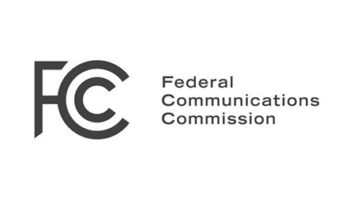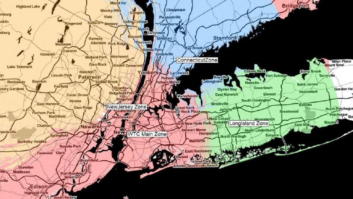Pres. Dwight D. Eisenhower is famously quoted as warning about a “military – industrial complex” wielding too much power. But perhaps Eisenhower was leaving out another leg of this phantom menace.
Recently brought to our attention was this Wikipedia entry, “Eisenhower 10.”
It begins, “The Eisenhower Ten or E-10 were a group of U.S. citizens who were secretly tasked by President Eisenhower in 1958 to serve as administrators in the event of a national emergency.”
Whoa! Yet not surprising when one thinks about it, especially during the Cold War times.
It explains: “In an emergency, each administrator was to take charge of a specifically activated agency to maintain the continuity of government.”
But who were these august citizens, thought of so highly by Ike that he’d lined them up to take over driving the train that is the United States?
(It seems that they were aware that they had been volunteered and were apprised of their duties in at least some manner similar to that where the airline attendant asks you, if you are in a seat in an exit row, whether you feel confident that you can perform such duties.)
Interestingly, two CBS executives, President Frank Stanton and Vice President Theodore Koop are on the list. Stanton is listed as expected to be head of the Emergency Communications Agency while Koop gets the Emergency Censorship Agency job. Interesting that the jobs seem to have been kept separate. Also interesting that censorship gets a whole agency of its own. But that’s a rant for another publication.
It’s also worth noting that the communications agency wasn’t headed by someone from Ma Bell, the 800-pound gorilla of communications infrastructure and technology at the time, but rather the head of a content company.
There are only 10 names on the E-10 list and only two of them were part of the government (secretaries of Agriculture and Labor), while others came from the private sector: First National City Bank, General Dynamics, Owens-Corning, Title Guaranty Co. along with Harvard and the Federal Reserve (technically not a governmental body). So, amazingly, CBS had one-fifth of the power positions that the emergency government would have.
It should be noted that not a single NBC executive was on the list nor any other media exec ⎯ TV, radio, film or publishing. One wonders what RCA’s David Sarnoff would have thought about the possible slight ⎯ assuming he didn’t know.
This emergency plan seems to have faded in the Kennedy administration ⎯ or did it?
Do Les Moonves and Jeff Fager occasionally get together and talk about what they’re going to do when they are in charge?
For a bit more about this seeming cul de sac of history, see this.












